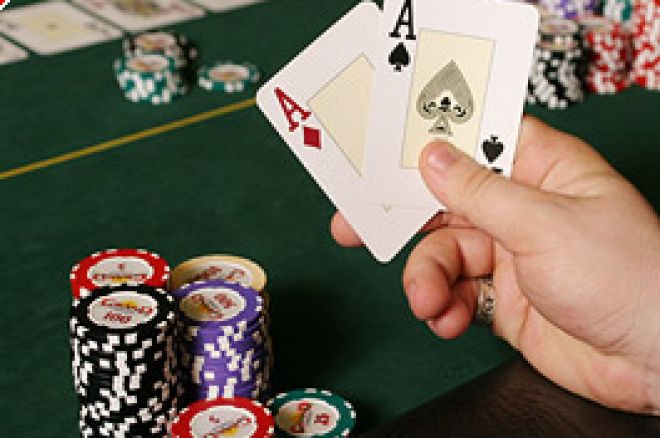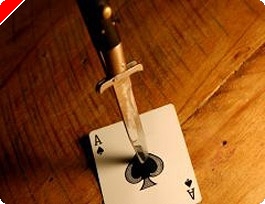University Study: Poker is a Game of Skill

In a game of luck, instruction and strategy are immaterial. This was the premise that guided Michael Dedonno and Dr. Douglas K. Detterman on their quest to determine if poker was a game of skill. Their paper in the current issue of Gambling Law Review, aptly titled "Poker is Skill," details the process and results of experiments conducted at Case Western Reserve University to determine if poker was a game of luck or skill. Their title obviously cuts to the chase.
In each of their studies, two groups of poker novices were supplied with the basic rules of poker. Each participant played a predetermined number of hands against simulated opponents using Wilson's Texas Hold'em software. After a set number of hands, the treatment group was supplied with poker instructional material, including a ranking of starting hands, the importance of paying attention to the actions and decisions of other players, and the concept of playing fewer hands. In their first study, which had a total sample size of 200 hands, the treatment group statistically outperformed the control group after instruction. To improve the reliability of their results, they performed a second study which increased the sample size to 720 hands, provided an incentive based contest to optimize player motivation, and included additional strategy advice to the treatment group. The additional instruction included the concept of outs, pre-flop, flop, turn and river play. Again, the treatment group statistically outperformed the control group. With the higher sample size, the reliability of their findings was also improved. One predominant difference between the two groups in both studies was that after instruction, the treatment group consistently played fewer hands. Another interesting side note to the investigation was that neither group posted a winning session over the course of the studies, although the control group sustained far greater losses.
In their conclusions, DeDonno and Detterman stated that "the reason that poker appears to be a game of luck is that the reliability of any short session is low." They noted that with their second study which featured a sample size of 720 hands, simulating approximately 30 hours of casino play, reliability was markedly improved. They went on to conclude, "Luck (random factors) disguise the fact that poker is a game of skill. However, as these studies show, skill is the determining factor in long-term outcome."








